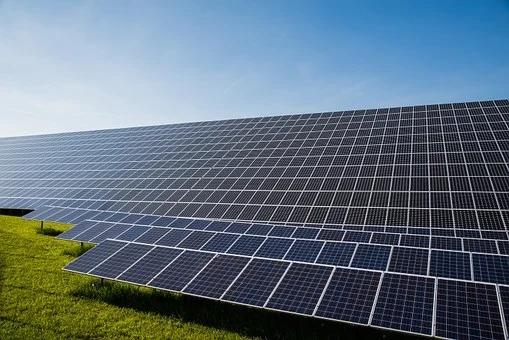
In 2020, household photovoltaic indicators are about to run out. In 2021, should household photovoltaics be subsidized? If there are still subsidies for household photovoltaics in 2021, how big will the subsidies be?
Industry appeals not to be cancelledHousehold photovoltaic subsidies
Since the second quarter of this year, the price of photovoltaic glass has been rising. As the prices of photovoltaic glass are released in November, the prices of photovoltaic modules have also shown an upward trend. The results of household photovoltaic cost accounting show that if there is no subsidy, the attractiveness of household photovoltaic to the masses will be greatly reduced.
“Recently, the price of photovoltaic modules has risen. If there is no subsidy for household PV next year, only a small part of the area will be economical for household PV.” Peng Peng, secretary general of China New Energy Power Investment and Financing Alliance, said in an interview. Based on the consideration of bringing photovoltaics to the general public, it is recommended that there be some subsidies for household photovoltaics next year."
Peng Peng believes that household photovoltaics are closely related to the lives of the broad masses of people; because household photovoltaics are smaller in scale and have higher operation and maintenance and installation costs, it seems that household photovoltaics should enjoy subsidies, which seems to have become a consensus in the industry.
This year, the Ministry of Finance gave a total of 1.5 billion yuan in photovoltaic subsidies, of which household photovoltaic subsidies accounted for 500 million yuan. Liu Yiyang, deputy secretary-general of the China Photovoltaic Industry Association, told reporters: "We hope that next year there will be about 300 million yuan in household photovoltaic subsidies, with a subsidy of 0.03 yuan per kilowatt-hour. This will probably drive 10GW of installations."
Policy should guarantee
Household photovoltaic installation and grid connection
If photovoltaics achieve full parity on the grid in 2021, is the possibility of household photovoltaic subsidies very small? Liu Yiyang said: "At that time, the parity grid was used to refer to large-scale centralized power stations and distributed power stations. Household photovoltaics involve the interests of millions of households, and the installation and maintenance costs are higher than large power stations. Two They are not the same. Therefore, it is recommended that there should be household photovoltaic subsidies in 2021. Now, we are also actively promoting."
Liu Yiyang urged that next year, after the subsidy quota is exhausted, it is still necessary to ensure that household photovoltaics can be installed and connected to the grid smoothly. He said: “In the future, everyone should be able to install household photovoltaics just like installing water heaters or charging piles, and the power grid should ensure that they are connected to the grid, and cards should not be installed at will.”
"It is recommended to strengthen overall consistency in the top-level design of the development of the photovoltaic industry, ensure the benefits of parity grid access, and implement favorable policies such as fixed electricity price contracts and priority power generation rights." Liu Yiyang said.
Planning and market
Combined
Peng Peng suggested that the competent authorities should try their best to leave more room for the development of photovoltaic and wind power when designing the path to the goal of "peaking carbon dioxide emissions by 2030 and achieving carbon neutrality by 2060".
"This is also a major task of the current energy transition. We hope that companies will independently invest in expanding the scale of photovoltaic and wind power in the future." Peng Peng said.
Liu Yiyang believes that local governments can select construction parties and owners through bidding and competition for technical solutions, and integrate planning with the market.
"On the one hand, the National Energy Administration can issue an overall price-parity project guarantee policy to give the industry a stable expectation; on the other hand, we also recommend that local governments use competitive methods when selecting owners, and use technical solutions and electricity prices to optimize Select the best among them." Liu Yiyang said, "You can also consider using some places with better conditions as bases to encourage high-quality enterprises and leading technological development."
















 RCCN WeChat QrCode
RCCN WeChat QrCode Mobile WebSite
Mobile WebSite